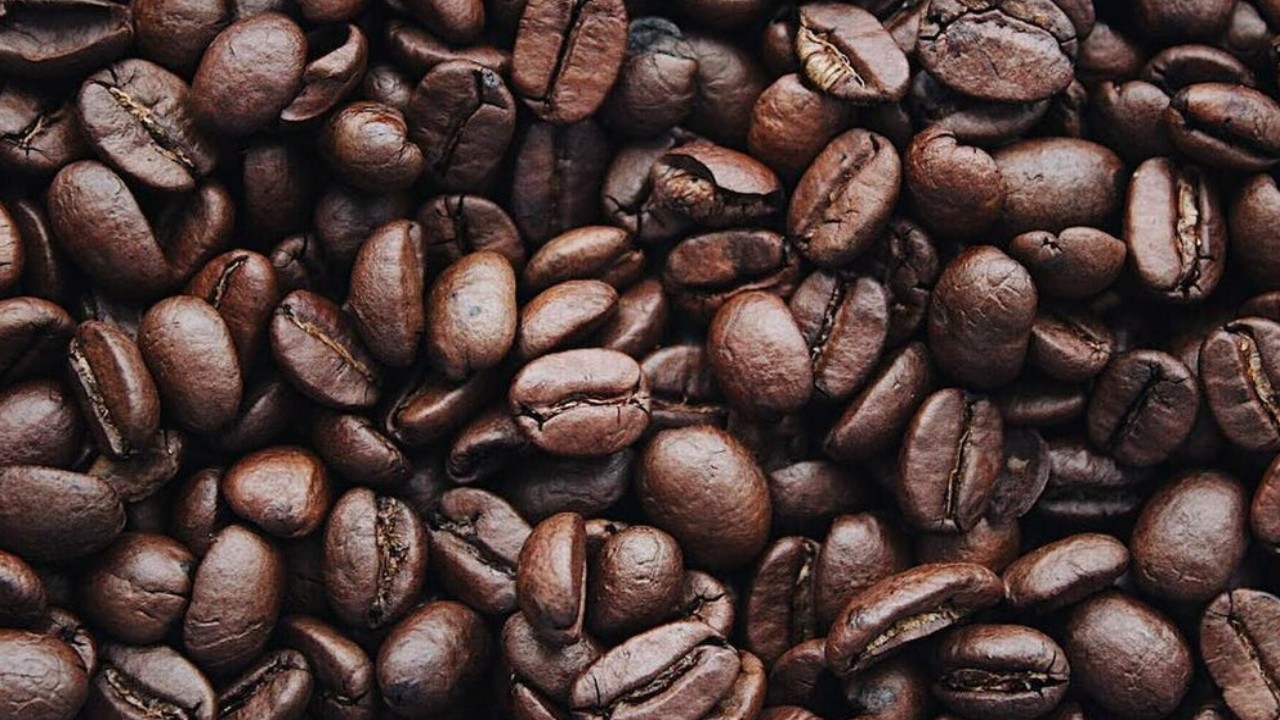Discover the myths and facts revolving around the age-old question, “Does coffee make you gain weight?”, by understanding the science behind the relationship.
Coffee is a popular beverage that is frequently consumed for its stimulating effects, due to its high caffeine content. This may bring a very commonly asked question, “Does coffee make you gain weight?”. The research on the relationship between coffee and weight management is mixed. Therefore, to answer this question and debunk several myths, we will dive into the world of scholarly research published worldwide about your espressos, cappuccinos, lattes, and more.
Myths About Coffee and Weight Gain:
- Myth: Coffee Directly Causes Weight Gain:
- Many believe that coffee consumption leads to weight gain. However, this idea often stems from the high-calorie ingredients people add to their coffee, such as sugar, cream, and flavored syrups, rather than the coffee itself.
- Myth: Caffeine Increases Body Fat:
- Some assume that caffeine contributes to fat storage, but research generally shows that caffeine can stimulate metabolism and fat burning rather than increase fat deposition.
- Myth: Coffee Leads to Increased Appetite:
- The belief that coffee makes you hungrier and thus causes overeating is not entirely accurate. In fact, caffeine has been shown to have appetite-suppressing effects, especially in the short term.
Facts About Coffee and Weight:
- Fact: Black Coffee is Low in Calories:
- Black coffe contains almost no calories (about 2 calories per cup), meaning it does not contribute significantly to your daily calorie intake unless consumed with high-calorie additives.
- Fact: Caffeine Boosts Metabolism:
- Caffeine, a key component of coffee, can increase your metabolic rate by 3-11%. This means your body burns more calories at rest, which can aid in weight management.
- Fact: Caffeine Can Enhance Fat Oxidation:
- Caffeine has been shown to enhance fat oxidation, particularly during exercise. This means your body may use fat as a primary energy source more effectively when you consume cofee before physical activity.
- Fact: Coffee Can Disrupt Sleep:
- One potential downside is that drinking cofee, especially later in the day, can disrupt sleep patterns. Poor sleep is associated with weight gain due to hormonal imbalances that increase hunger and cravings.
The Science Behind Coffee and Weight:
- Thermogenesis and Fat Burning:
- Caffeine increases thermogenesis, the process by which your body generates heat and energy from digesting food, which can lead to more calories burned. It also stimulates the nervous system to signal fat cells to break down fat.
- Appetite and Satiety:
- Studies show that caffeine can reduce levels of ghrelin, the hunger hormone, leading to decreased appetite. This effect, however, may vary among individuals.
- Insulin Sensitivity:
- While caffeine might temporarily reduce insulin sensitivity, its impact on weight is minimal unless it leads to excessive consumption of sugary foods and beverages.
Conclusion:
Coffee itself, particularly when consumed black or with minimal additives, is unlikely to cause weight gain and may even support weight loss efforts. The myth that coffee contributes to weight gain largely arises from the consumption of calorie-laden coffee drinks. Understanding the science behind cofee’s effects on metabolism, appetite, and sleep can help you make informed choices about your coffee consumption and its role in your diet.
Post Views: 23






